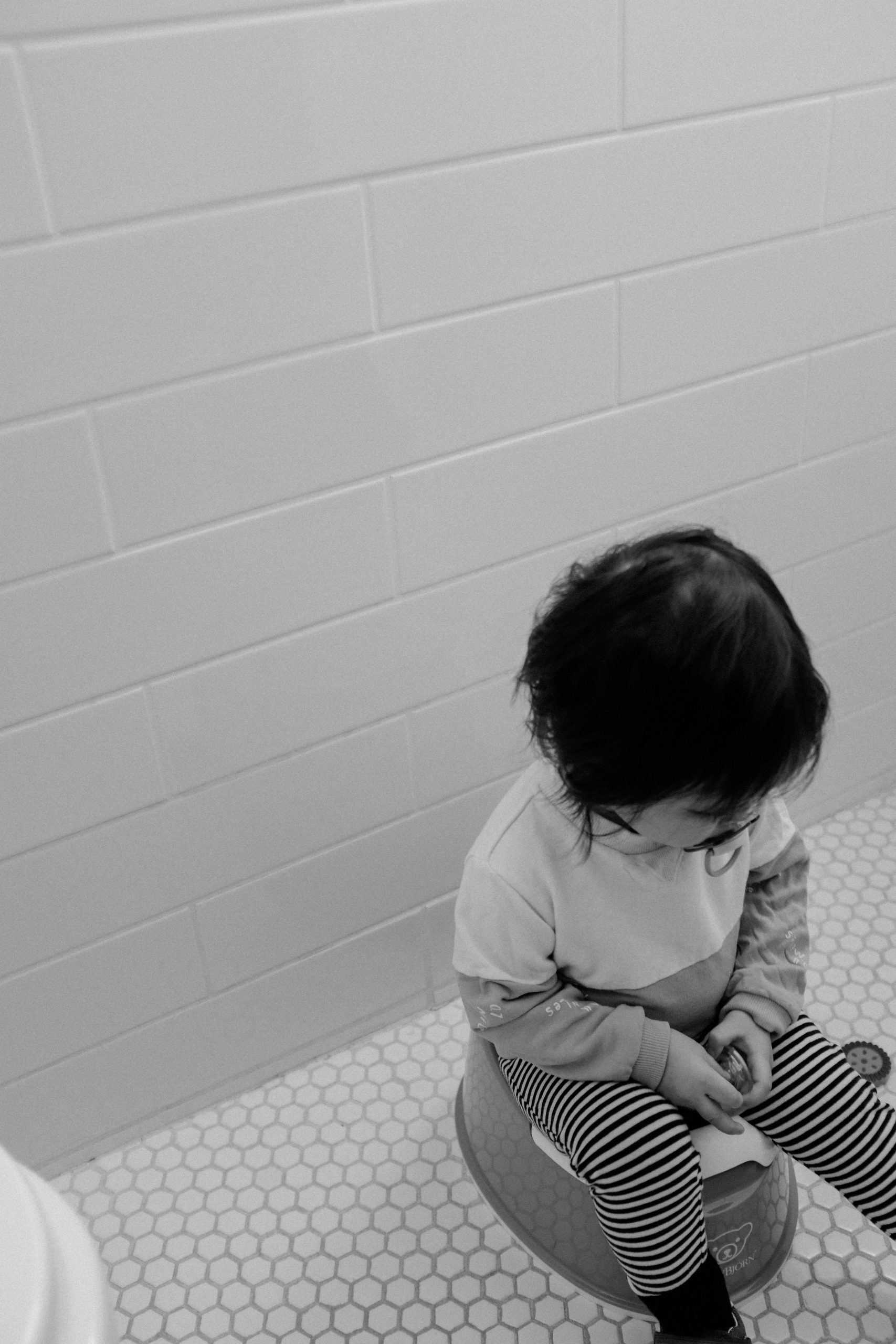The Ultimate Guide to Potty Training: Tips and Tricks for Success

Welcome fellow parents! Potty training is one of those milestones that all parents look forward to, but can also dread a little bit. Don’t worry, though! With the right mindset, tools, and tricks, you and your little one will be potty-trained in no time.
First things first: when should you start potty training? There is no one-size-fits-all answer, but most children are ready between 18 and 30 months. However, every child is unique, so don’t get too caught up in the “right” age. Look for signs that your child may be ready, such as staying dry for longer periods of time or showing interest in the bathroom.
Preparation is key
Before you start the actual potty training, there are some things you can do to prepare your child. Start by letting them pick out their own potty chair or toilet seat. This will make them feel like they have more control and ownership over the process.
Next, start talking to them about using the potty. Use simple language and make it fun. You can read potty-training books or sing silly songs about going potty. Make it something to look forward to!
Finally, start practicing good hygiene habits, like washing hands thoroughly after using the bathroom. Make it a fun activity by singing a hand-washing song or giving your child a sticker for washing their hands well.
The first steps
When you’re ready to start potty training, begin by having your child sit on the potty fully clothed. This will help them get used to the feeling of the potty and understand what it’s for. Encourage them to sit on the potty for a few minutes each day.
As your child becomes more comfortable with the potty, have them try sitting on it without a diaper. This will help them learn to recognize when they need to go and associate that feeling with the potty. You may want to start with short periods of time, like 5-10 minutes, and gradually increase the time as your child gets more comfortable.
Rewarding success
When your child uses the potty successfully, make sure to celebrate! Praise them for a job well done and offer a small reward, like a sticker or a piece of candy. This will help reinforce the idea that using the potty is a positive thing.
You can also create a chart to track your child’s progress. Every time they use the potty successfully, let them put a sticker on the chart. This will help them see their progress and motivate them to keep going.
Dealing with setbacks
Setbacks are a natural part of the process, so it’s important to stay positive and patient. Continue to offer rewards for successful potty trips, even during setbacks, and have a plan in place for dealing with accidents. Make sure to keep spare clothes and cleaning supplies on hand, and teach your child how to clean up after themselves.
Continuing to use rewards for successful potty trips, even during setbacks, can help keep your child motivated and focused on the end goal. However, if there’s been a sudden change in your child’s behavior, it may be worth taking a break from rewards to re-evaluate the potty training process.
If your child is having more accidents than successful potty trips, it’s worth considering if something else is going on. They may be feeling anxious or stressed, or there may be a physical issue such as constipation. Identifying the cause of the setback can help you address the issue and get back on track. Remember that potty training takes time, so try not to put too much pressure on your child, and remain positive and patient throughout the process. With the right mindset and tools, you and your child can get through this challenging time and emerge on the other side with a newfound sense of confidence and success.
Moving on from diapers
As your child gets more comfortable with using the potty, you can start transitioning away from diapers. You may want to start by having them wear underwear during the day and a pull-up at night. Encourage them to use the potty before bed and when they wake up in the morning.
Eventually, your child will be ready to ditch the pull-ups altogether. This is a big milestone, so make sure to celebrate it! You may want to have a special treat or activity planned for when your child successfully goes without a diaper for a full day.
Remember, every child is unique. Take it one step at a time, be patient, and don’t forget to have fun along the way. And if all else fails, just remember: one day, they’ll be potty-trained, and you’ll have a whole new set of challenges to deal with. (Teenagers, anyone?)
It can be a challenging but rewarding experience for both you and your child. By preparing your child, taking it one step at a time, and using positive reinforcement, you can help your child successfully transition out of diapers. Remember to stay patient and have fun along the way!
